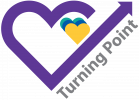Child maltreatment or abuse refers to any non-accidental behavior by parents, caregivers, other adults or older adolescents that is outside the norms of conduct and entails a substantial risk of causing physical or emotional harm to a child or young person.
Child maltreatment is commonly divided into five main subtypes:
- Physical abuse
- Emotional maltreatment
- Neglect
- Sexual abuse
- Exposure to family violence





